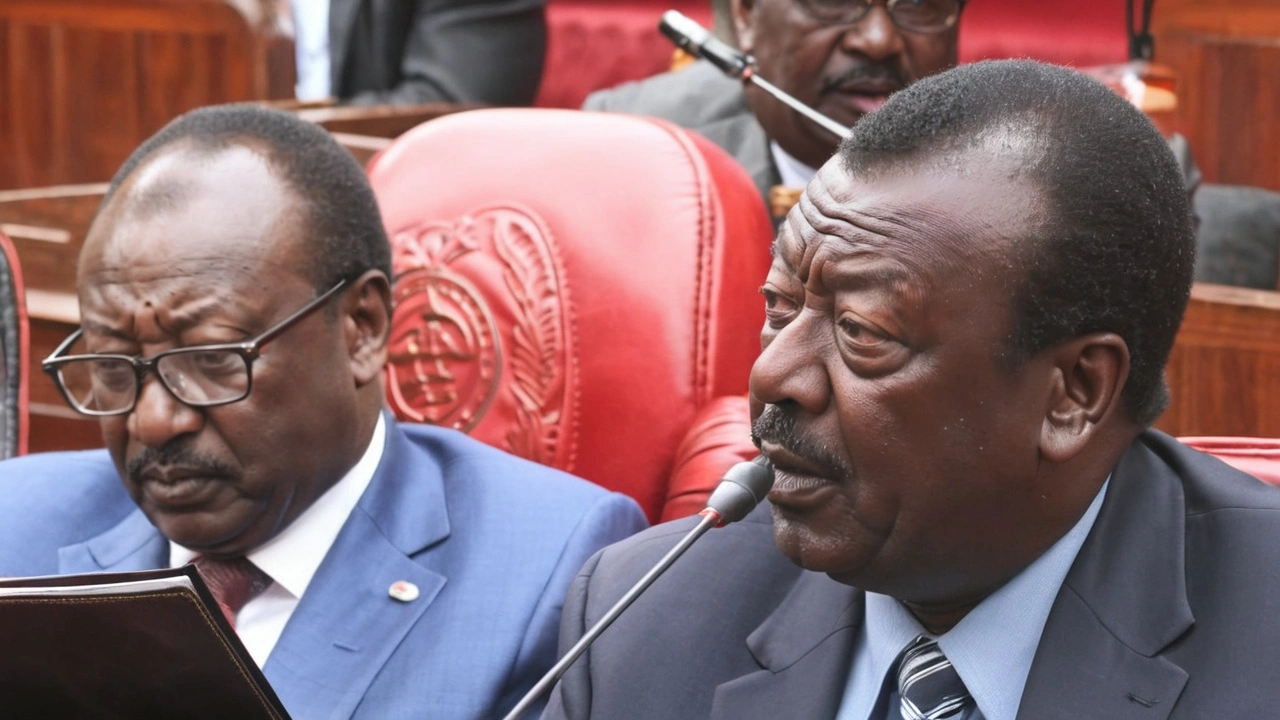Public-Private Partnership (PPP): A Practical Guide
Public-private partnerships, or PPPs, are simply long-term deals where government and private companies share money, risks, and work to build or run public services. You see them in roads, power plants, hospitals, water systems, and digital networks. When done right, PPPs unlock private cash and know-how so projects get built faster and perform better. But get the deal wrong and taxpayers can be left with big bills and poor service.
Why PPPs work — and when they don't
PPPs work best when the public side knows what it wants and the private partner brings skills or capital the state lacks. For example, private firms can operate a new toll road or run hospital services more efficiently. That usually speeds delivery and improves maintenance.
They fail when contract details are weak, demand forecasts are unrealistic, or political changes break the deal. Common problems include hidden public guarantees, unclear performance rules, and corruption during procurement. You don’t need fancy law to avoid that — you need clear contracts, transparency, and strong monitoring.
Simple PPP checklist for governments and investors
Use this checklist before signing or bidding on a PPP. It keeps the focus on value and risk, not just headlines.
- Define the outcome: Be specific. Is the goal fewer power outages, cleaner water, or a safe road? Make targets measurable.
- Value for money: Compare PPP vs. traditional public procurement. Choose the option that delivers better service at a fair cost.
- Allocate risks properly: Give each risk to the party best able to manage it (construction risk to builder, demand risk to whoever bears the revenue).
- Realistic forecasts: Use conservative traffic, revenue, and demand estimates. Overly optimistic numbers signal trouble.
- Transparent procurement: Open bidding and clear scoring reduce corruption and bring better offers.
- Affordability cap: Know your fiscal limits. Set caps on public guarantees and contingent liabilities.
- Performance payments: Pay for results, not promises. Link payments to uptime, service quality, or user satisfaction.
- Local content and jobs: Include clauses for training and local hiring to spread benefits in the community.
- Independent monitoring: Use third-party auditors and a clear penalty system for missed targets.
- Clear dispute resolution: Pick a neutral, fast way to solve disputes to avoid costly court battles.
If you’re a government official, push for simple, enforceable contracts and public reporting. If you’re an investor, insist on solid data and legal clarity before you commit capital. For both sides, small details—demand modeling, maintenance obligations, and payment triggers—make or break the project.
Want to see how PPPs are shaping Africa today? Check related stories and project reports on Africa Daily Dispatch to learn which deals are working and which lessons are worth copying.
JKIA Not Up for Sale, Mudavadi Reassures Amidst Online Speculation
Prime Cabinet Secretary Musalia Mudavadi has set the record straight: Jomo Kenyatta International Airport (JKIA) is not for sale. Addressing online rumors and MPs, Mudavadi emphasized the facility's strategic importance and outlined plans for modernization but assured that any major developments would involve public endorsement and parliamentary approval.
